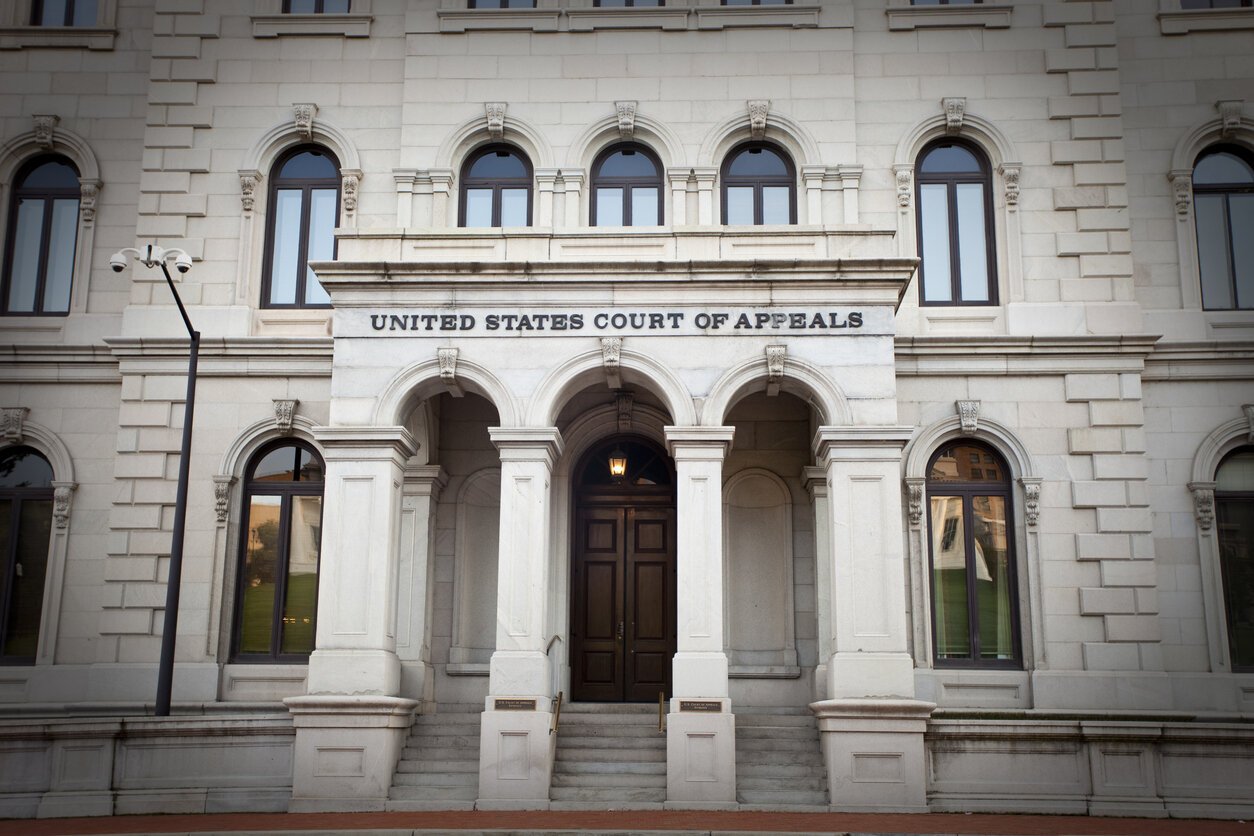
Agencies Must Prove Pre-PIP Unacceptable Performance in Federal Circuit Decision
Before a federal employee can be terminated for unacceptable performance, the employing agency must provide the employee with an opportunity to demonstrate acceptable performance.

Penalties Mitigated in Arbitration, after an Agency Decision, Do Not Establish Disparate Treatment
McKenzie Holmes was a U.S. Postal Service (“USPS”) employee from 1989, until his removal in 2018. At the time of his removal, he worked as a city carrier at the Fort Dearborn Station in Chicago.

MSPB Evaluates Use of Direct Hire Authority in Federal Agencies
The Merit Systems Protection Board (MSPB) released a report evaluating federal agencies’ use of Direct-Hire Authorities (DHAs) when filling critical roles in government, including medical, information technology, and acquisition occupations.

Tenth Circuit: Intimidating Witnesses for Testimony Is Not Lawful Assistance Protected under the Whistleblower Protection Act
In October 2017 Larry Baca began to work as a Supervisory Engineer, GS-13, and the Chief of Operations and Maintenance Division in the Directorate of Public Works at the U.S. Army White Sands Missile Range in New Mexico.

Supervisory Roles in Excepted Service Do Not Tack under 5 U.S.C. § 3321 to Satisfy Supervisory Probationary Period in Competitive Service
Deborah Mouton-Miller worked for the United States Postal Service (USPS) as an Audit Manager until April 2017, when she transferred to the Department of Homeland Security’s (DHS) Office of Inspector General for a promotion as Supervisory Auditor. Mouton-Miller’s position with USPS was classified as GG-0511-14, step 8, and her position with DHS was classified as GS-0511-14, step 8.

Federal Circuit: Removal for Performance-Based Conduct Not Limited to Performance Actions
Dr. Allen Braun worked as a research doctor at the National Institutes of Health (NIH) for almost 32 years. In 2003, he became a tenured Senior Investigator for the National Institute on Deafness & Other Communication Disorders, a branch of NIH.

Federal Circuit: No Waiver of Sayers Arguments in VA Removal Case
A VA police officer was removed by the Department of Veterans Affairs under the 2017 “accountability” law 38 U.S.C. § 714 that limited review of VA’s actions against general schedule employees. The removal was based on conduct occurring prior to the enactment of the law. The employee appealed to the MSPB, and the MSPB affirmed the removal. On December 7, 2020, the United States Court of Appeals for the Federal Circuit vacated the MSPB’s decision, and remanded the case to the MSPB with instructions to remand the case further back to the agency.

MSPB Must Determine Jurisdiction Over IRA Claims On Face Of Complainant’s Allegations
The MSPB cannot consider an agency’s interpretation or presentation of evidence to decide whether an individual-right-of-action presents a non-frivolous allegation of whistleblower reprisal, the Federal Circuit clarified in a recent holding.

Sixth Circuit: Appeals of Enforcement Petitions Must Go to Federal Circuit
On October 14, 2020, the Sixth Circuit Court of Appeals held that appeals of MSPB decisions on petitions for enforcement must be heard by the U.S. Court of Appeals for the Federal Circuit, even appeals of petitions stemming from a “mixed case” typically appealable to federal district court for adjudication of discrimination claims.

MSPB Report Offers Ways to Tackle Professional Isolation During Global Pandemic
Many federal employees have felt professional and social isolation while working from home recently in light of the maximum telework policy being imposed by the government due to the COVID-19 pandemic. The Merit Systems Protection Board (MSPB) September 2020 newsletter includes a report titled “Home Alone 2020” that analyzes the effects of workplace social distancing on employees and the potential negative implications. It also offers some solutions to combat professional isolation.

Federal Circuit: No MSPB Jurisdiction for Termination for Failure to Maintain National Guard Membership
A dual-status military technician, whose position was partially civilian and partially military, appealed his termination for failing to maintain membership in the National Guard, a prerequisite to his dual-status appointment under 32 U.S.C. § 709(b), to the Merit Systems Protection Board.

OSC: MSPB Misapplied Whistleblower Statute
On August 11, 2020, the United States Office of Special Counsel (OSC) filed an amicus curiae brief in Tao v. MSPB, a case pending before the United States Court of Appeals for the Federal Circuit, arguing that the Merit Systems Protection Board (MSPB) committed reversible error when it failed to properly analyze an employee’s allegation of whistleblower retaliation.

Seventh Circuit Rebukes MSPB AJ’s Whistleblower Findings, Remands Again for Damages
In 2018, the United States Court of Appeals for the Seventh Circuit held the MSPB acted arbitrarily and capriciously when it dismissed an ATF employee’s Individual Right of Action appeal. The Seventh Circuit’s 2018 opinion found that the employee “properly alleged a ‘protected disclosure’ and exhausted his administrative remedies so that the Board had jurisdiction to evaluate the merits of his claim.” The MSPB AJ denied relief, and the employee appealed to the Seventh Circuit again. On July 16, 2020, the appeals court again held that the MSPB acted arbitrarily, capriciously, and contrary to law. This time, the remand to the MSPB was only on the extent of relief to the employee.

60 Minutes Covers Impact of Lack of Quorum at MSPB
This week on 60 Minutes, Norah O’Donnell and the CBS investigative team did a deep dive into the federal agency responsible for providing federal employees with appeal rights should they be disciplined, demoted, or fired: the Merit Systems Protection Board (MSPB). Since 2017, the MSPB has lacked a quorum of board members, preventing it from fully functioning. For over a year, the board has not had any members at all.

